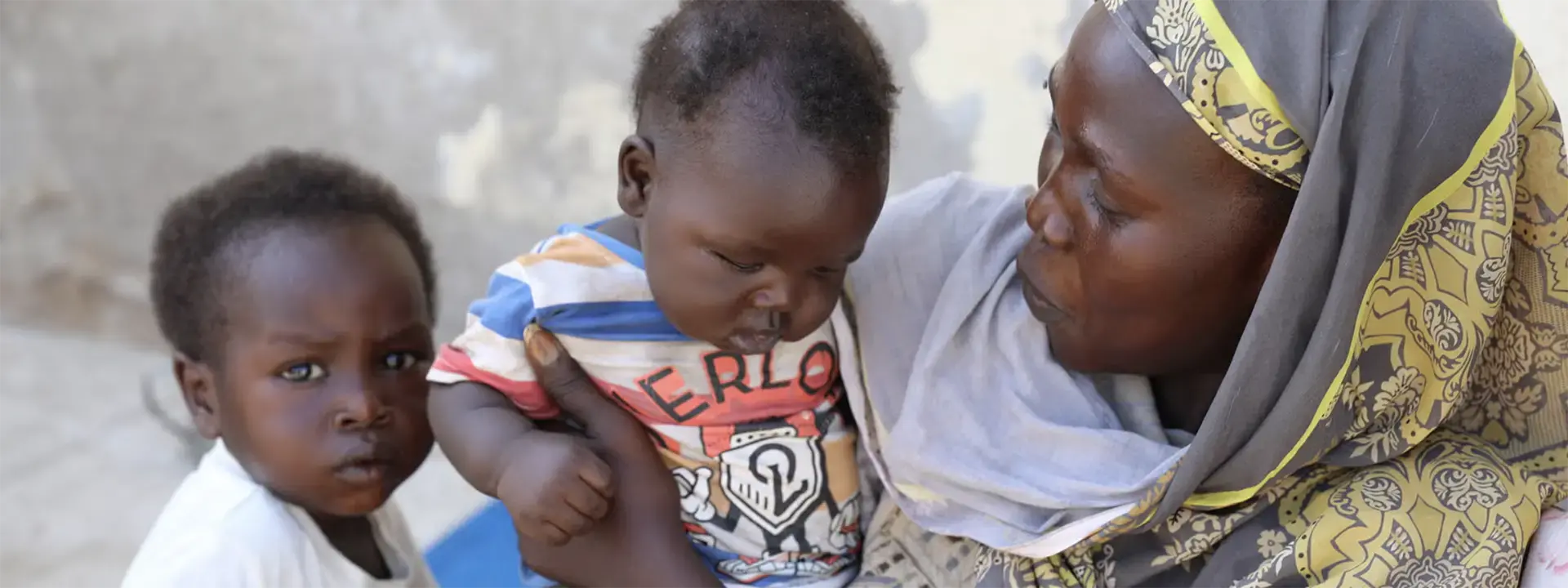Sudan: Armed clashes are putting women and girls at risk
The war in Sudan – now in its third year – has upended the lives of women and girls. Millions have fled their homes and are displaced in the country and across borders. Disease and hunger are also engulfing the country, creating a lethal combination for a conflict-induced famine and a catastrophic loss of life
Each day the fighting continues, the misery deepens for women and girls. Harrowing levels of rape, kidnappings and forced marriage continue to be reported as survivors struggle to access services, support and justice.
The health system has been decimated by the war with widespread incidents of violence, looting, and intimidation, affecting medical staff, facilities, ambulances and patients. The insecurity has also forced many health workers to flee with their families, worsening the shortage of medical staff. Up to 80 per cent of health facilities in areas worst affected by the conflict are non-operational, leaving many without critical medical care. Recent funding cuts have also forced health partners to scale down support to health facilities across the country.
UNFPA is working with partners to provide life-saving reproductive health and protection services in areas with high numbers of internally displaced people. This includes deploying mobile teams and supplies to build capacity for maternal health services, including emergency obstetric care and the clinical management of rape, as well as supporting safe spaces for women and girls.


